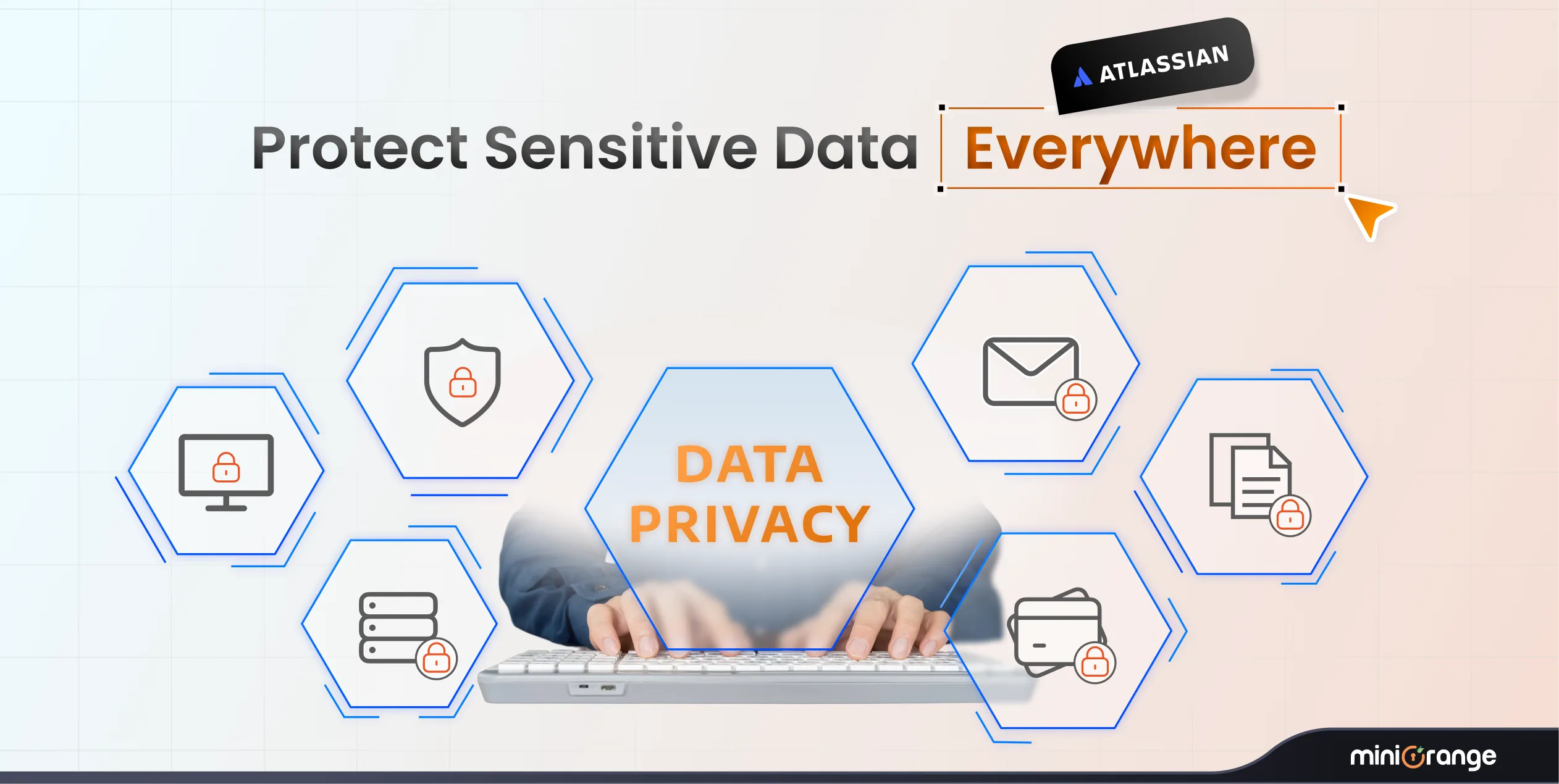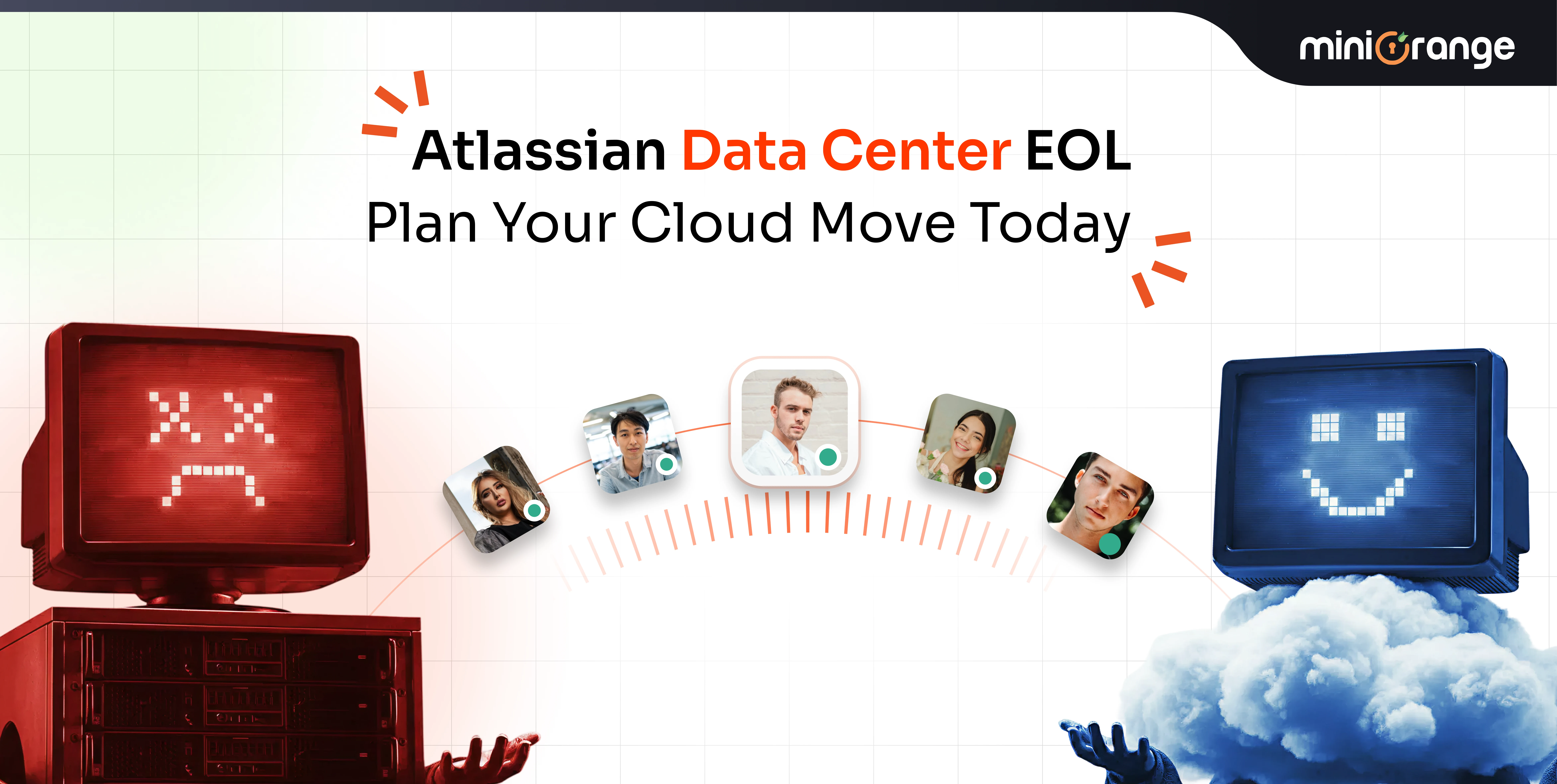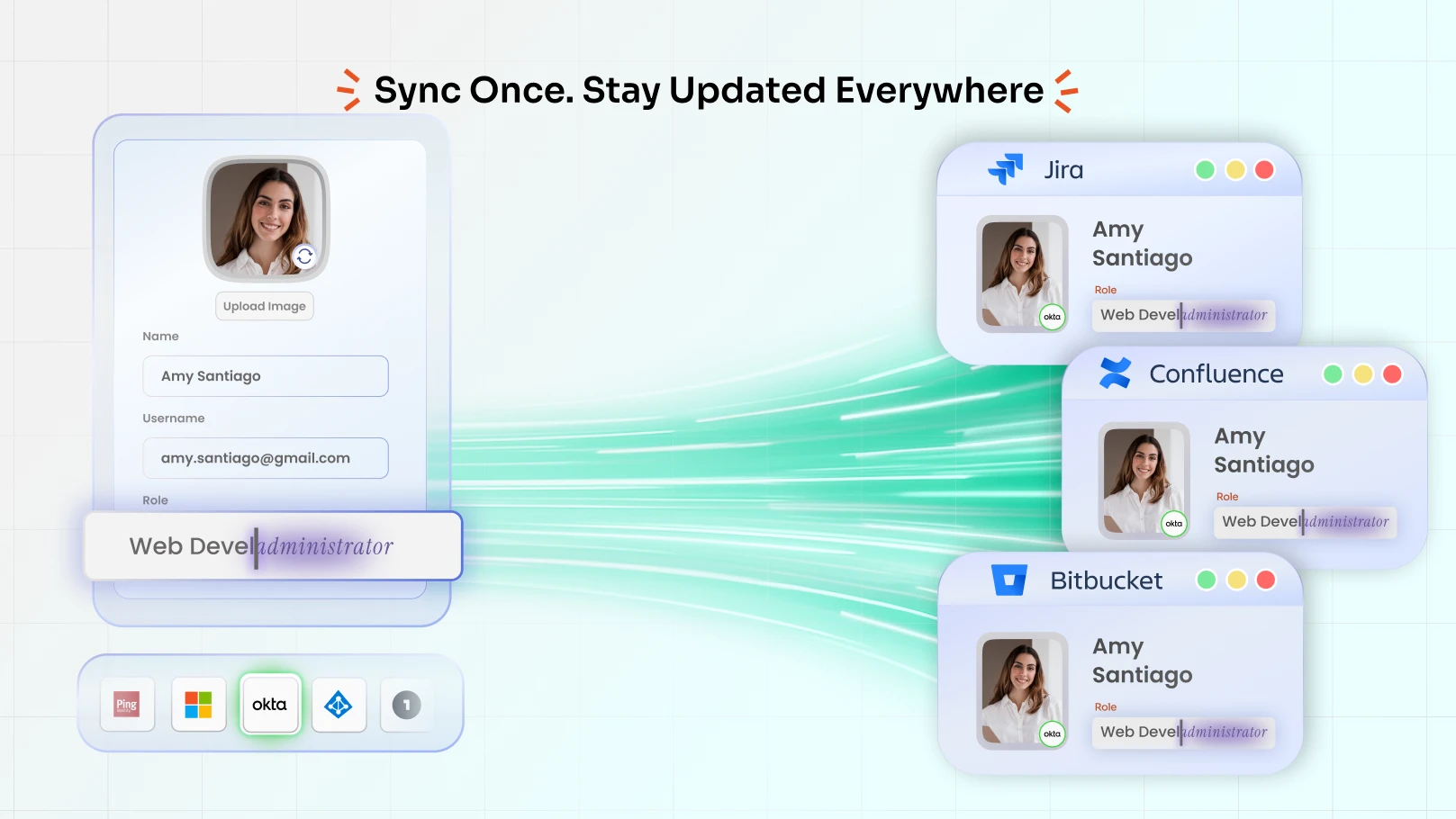81% of hacking-related breaches involve stolen or weak passwords. This startling statistic from Verizon’s Data Breach Investigations Report underscores a growing reality: traditional credentials are no longer enough to protect your software delivery pipelines.
Jenkins plays a central role in continuous integration and continuous delivery (CI/CD), automating everything from code builds to deployments. But this also makes it a high-value target. Jenkins handles assets that attackers would love to get their hands on.
Unfortunately, many Jenkins environments still rely solely on username and password authentication, leaving them vulnerable to brute-force attacks, credential stuffing, and phishing. Once compromised, a Jenkins account can be misused to inject malicious code, modify pipelines, or gain access to production systems.
That’s where Jenkins Two-Factor Authentication (2FA) comes in.
2FA for Jenkins adds a second layer of protection beyond passwords, ensuring that even if credentials are leaked or stolen, unauthorized access is prevented. By requiring an additional verification step, like a time-based one-time password (OTP), push notification, or security key, Jenkins 2FA drastically reduces the risk of compromise.
To help teams implement this critical layer of defense quickly and effectively, the miniOrange Jenkins 2FA app, the first-ever 2FA solution built for Jenkins, offers an easy-to-use, feature-rich solution tailored for Jenkins administrators.
Why is 2FA Essential to Safeguard Jenkins?
Jenkins has become an essential component of modern DevOps workflows. But improper security methods can put your Jenkins environment at risk.
Jenkins Two-Factor Authentication (2FA) is one of the most effective ways to strengthen the security posture of your pipelines. It goes beyond password-only login by requiring an additional step of identity verification, such as a one-time passcode (OTP), push notification, hardware token, or biometric factor, before granting access to the Jenkins dashboard.
Without Jenkins 2FA, a compromised admin account can lead to serious consequences:
- Unauthorized code deployments
- Backdoor injection in build jobs
- Secrets leakage from environment variables
- Full takeover of DevOps infrastructure
That’s why 2FA for Jenkins is no longer optional, it’s a baseline security requirement. It ensures that even if passwords are weak, reused, or phished, attackers still can’t gain control unless they pass the second verification factor.
By enabling Jenkins Two Factor Authentication, you protect not only the Jenkins interface but the entire CI/CD pipeline, from source to production. Whether you’re a small team or an enterprise DevSecOps operation, adopting Jenkins 2FA is a foundational step in securing your software supply chain.
How 2FA Mitigates Risks in Jenkins Environments
In CI/CD environments where speed and automation are paramount, security often takes a back seat. But enabling 2FA for Jenkins ensures that speed doesn’t come at the cost of control. With 2FA in place, even compromised credentials can’t be misused to manipulate jobs, expose secrets, or trigger unauthorized deployments.
By requiring two distinct factors to authenticate, typically something the user knows (password) and something the user has (OTP, mobile device, security key), Jenkins Two Factor Authentication neutralizes many of the most common attack vectors, including:
- Credential stuffing: Even if an attacker obtains valid Jenkins login credentials through a data breach or phishing, they’ll be blocked at the second factor.
- Brute-force attacks: Automated login attempts are rendered ineffective when MFA is in place.
- Insider threats: 2FA makes it more difficult for unauthorized internal actors to exploit shared or cached credentials.
- Session hijacking: MFA limits damage by verifying users at the point of login, not just when they access the session.
How Does the miniOrange Jenkins app Offer End-to-End Protection?
The miniOrange Jenkins 2FA app delivers a multi-featured solution that strengthens every access point without slowing down your team. Whether you're managing a single instance or a fleet of Jenkins servers, the app’s security model is built for real-world DevOps environments.
Notable Features
Here’s how miniOrange Jenkins 2FA app offers end-to-end protection:
1. Support for Mobile Authenticators & OTP
The app supports various authentication methods including OTP over SMS and email, mobile authenticators like Google Authenticator, Microsoft Authenticator, Okta Verify, and more. For enterprise setups, Duo Push is also supported, providing a fast, user-friendly login experience with real-time approval on mobile devices.
2. Advanced User Management
Admins get a dedicated user management dashboard to control 2FA status per user. You can:
- Enable/disable 2FA for specific users
- Reset 2FA settings remotely
- Monitor which users have enrolled
This level of granularity is vital when managing large Jenkins teams with rotating contributors.
3. Group-Based Enforcement for Maximum Flexibility
Apply Jenkins two-factor authentication policies only where needed. You can enforce 2FA selectively for administrators, contractors, or critical deployment teams, and skip it for service accounts or internal systems. This ensures security without disrupting automation.
4. Jenkins API-Level MFA
Beyond UI logins, 2FA can be enforced on Jenkins APIs as well. This is critical for securing integrations, automation scripts, and CLI interactions, where credentials are often stored and reused.
5. Brute-Force & IP-Based Controls
The app includes native brute-force attack protection and supports IP whitelisting, allowing admins to block unknown access origins or restrict logins to internal networks.
6. Enterprise-Ready Licensing & Support
- 30-day free trial: Evaluate all premium features in your environment
- Priority support: Get email assistance, update access, and help with installation or troubleshooting
- Live demo available: Book a session to see it in action before rollout
How Does the miniOrange app Improve Jenkins Security?
When it comes to securing Jenkins, password-based authentication simply isn’t enough. The miniOrange Jenkins 2FA app introduces a robust layer of multi-factor authentication, giving administrators fine-grained control over who gets in, how, and from where. But what truly sets it apart is its end-to-end approach to security, combining ease of use with enterprise-grade protection.
Below are the key ways this app improves Jenkins security:
1. Wide Range of Authentication Methods
The miniOrange Jenkins 2FA app supports multiple authentication methods, with each method being suitable for a diverse range of scenarios. This allows organizations to accommodate varied user preferences and device availability while ensuring strong authentication across the board.
Examples:
- A DevOps team lead uses Duo Push for quicker logins on a work phone, while developers use Google Authenticator on personal devices.
- Contractors are assigned OTP-based login methods only during project periods, enhancing temporary access security.
2. Guided Setup: Jenkins Multi Factor Authentication Step by Step
Setting up 2FA doesn’t have to be complex. The miniOrange Jenkins 2FA app installation guide walks you through a step-by-step configuration process. Whether you're integrating with TOTP apps like Google Authenticator or Duo Push, or defining group-specific policies, the app provides intuitive admin dashboards and detailed documentation.
- Supports multiple authentication types
- Setup wizards for common use cases
- Easy-to-navigate UI for managing users and policies
This makes it one of the best apps for MFA in Jenkins, especially for teams without dedicated security engineers.
3. Protect Jenkins API Endpoints with MFA
Most Jenkins apps overlook the security of Jenkins APIs. miniOrange extends protection to API access as well, ensuring that automated tasks or script-based calls are not an unprotected backdoor.
- MFA for Jenkins APIs available in premium version
- Prevents misuse of Jenkins REST endpoints by requiring MFA tokens
4. Role-Based Access Control for MFA Policies
The app allows group-based 2FA enforcement, a huge plus for growing teams. For example, you can require MFA for all administrators, but allow service accounts or test users to bypass it (with limited access).
This granularity keeps things secure without slowing down CI/CD pipelines unnecessarily.
5. OTP-Based MFA for Every Developer
The app allows you to enable OTP authentication in Jenkins using industry-standard Time-based One-Time Password (TOTP) protocols. Supported authenticators include:
- Google Authenticator
- Microsoft Authenticator
- Authy
- Okta Verify
- FreeOTP
These apps generate temporary 6-digit codes that users must enter after providing their primary credentials, effectively neutralizing stolen passwords.
6. Real-Time User Control and Logs
From the admin panel, you can:
- View active users and their 2FA status
- Reset or disable 2FA for individual accounts
This improves visibility and responsiveness, especially when troubleshooting 2FA or onboarding new developers.
Conclusion: Secure Jenkins with Confidence Using miniOrange 2FA
As Jenkins continues to be a core part of enterprise workflows, it is imperative to ensure its access security. Implementing Jenkins two factor authentication isn’t just recommended, it’s essential to defend against credential theft, unauthorized access, and evolving threats.
The miniOrange Jenkins 2FA app brings enterprise-grade protection with multi-factor authentication, group-based access control, OTP login, and brute-force protection, all within a streamlined admin interface. Whether you're looking to enable OTP authentication in Jenkins, enforce IP whitelisting, or integrate SSO with MFA, miniOrange offers the best balance of flexibility, ease of setup, and comprehensive security.
Get started today with a free 30-day trial or request a personalized demo. Strengthen your Jenkins instance with the most trusted app for 2FA in Jenkins.
FAQs
1. What Is the Best Way to Secure Jenkins CI/CD with 2FA?
Use Jenkins 2FA with brute-force protection, IP whitelisting, group-based MFA rules, and OTP login. Regular audits and a reliable app like miniOrange ensure strong authentication, reduced risk, and alignment with Jenkins authentication security best practices.
2. Jenkins SSO vs 2FA: Which Is Safer?
SSO simplifies logins; 2FA adds protection. Combine both using the Jenkins SAML SSO app and miniOrange 2FA for strong identity security. Use SSO for convenience, 2FA for security, together they provide comprehensive access control in Jenkins.
3. How to Recover Access to Jenkins If 2FA Device Is Lost?
Use backup codes, email OTP, or ask admins to reset 2FA via the app dashboard. Then reconfigure 2FA on a new device. miniOrange ensures recovery without compromising Jenkins multi-factor authentication security.




Leave a Comment